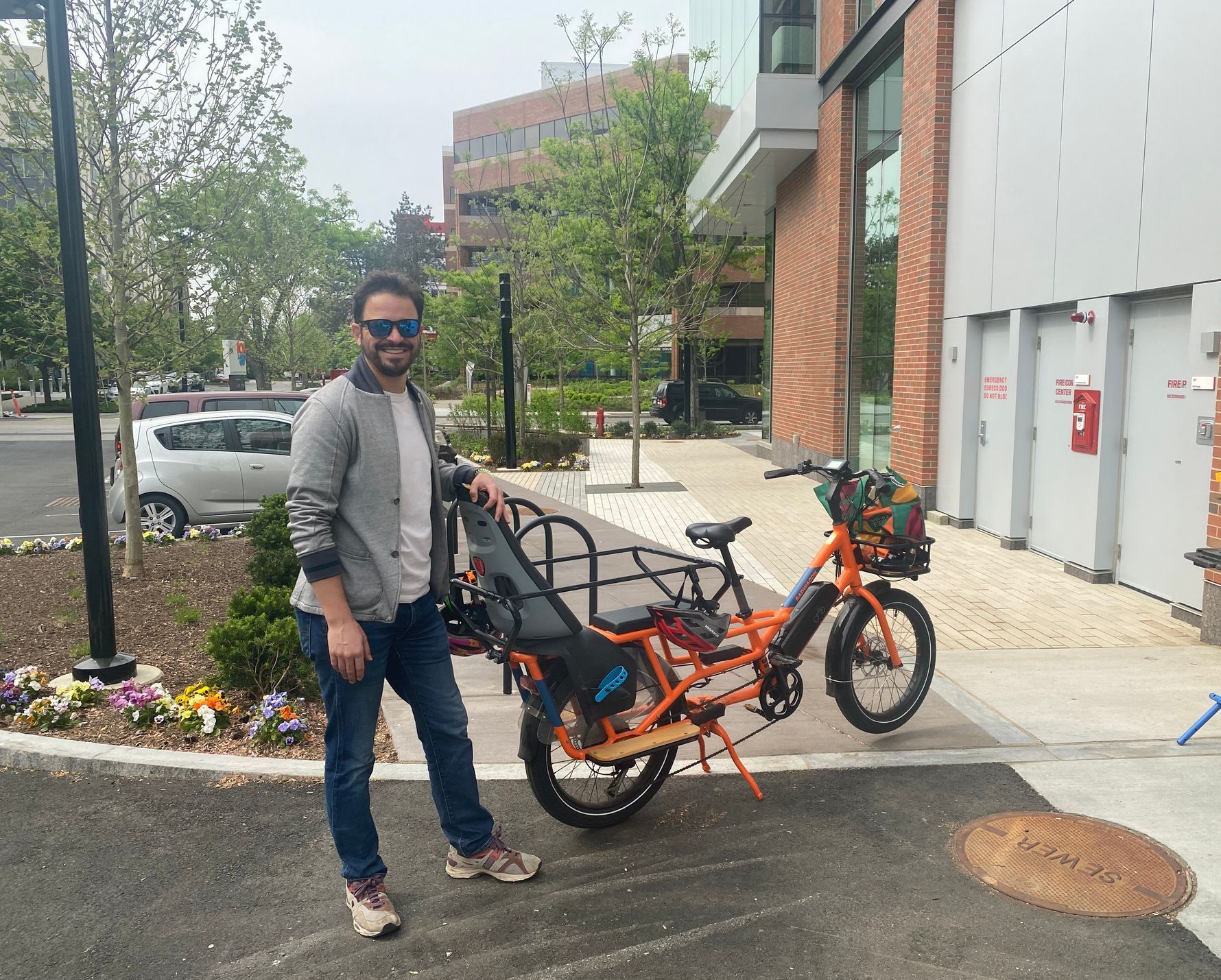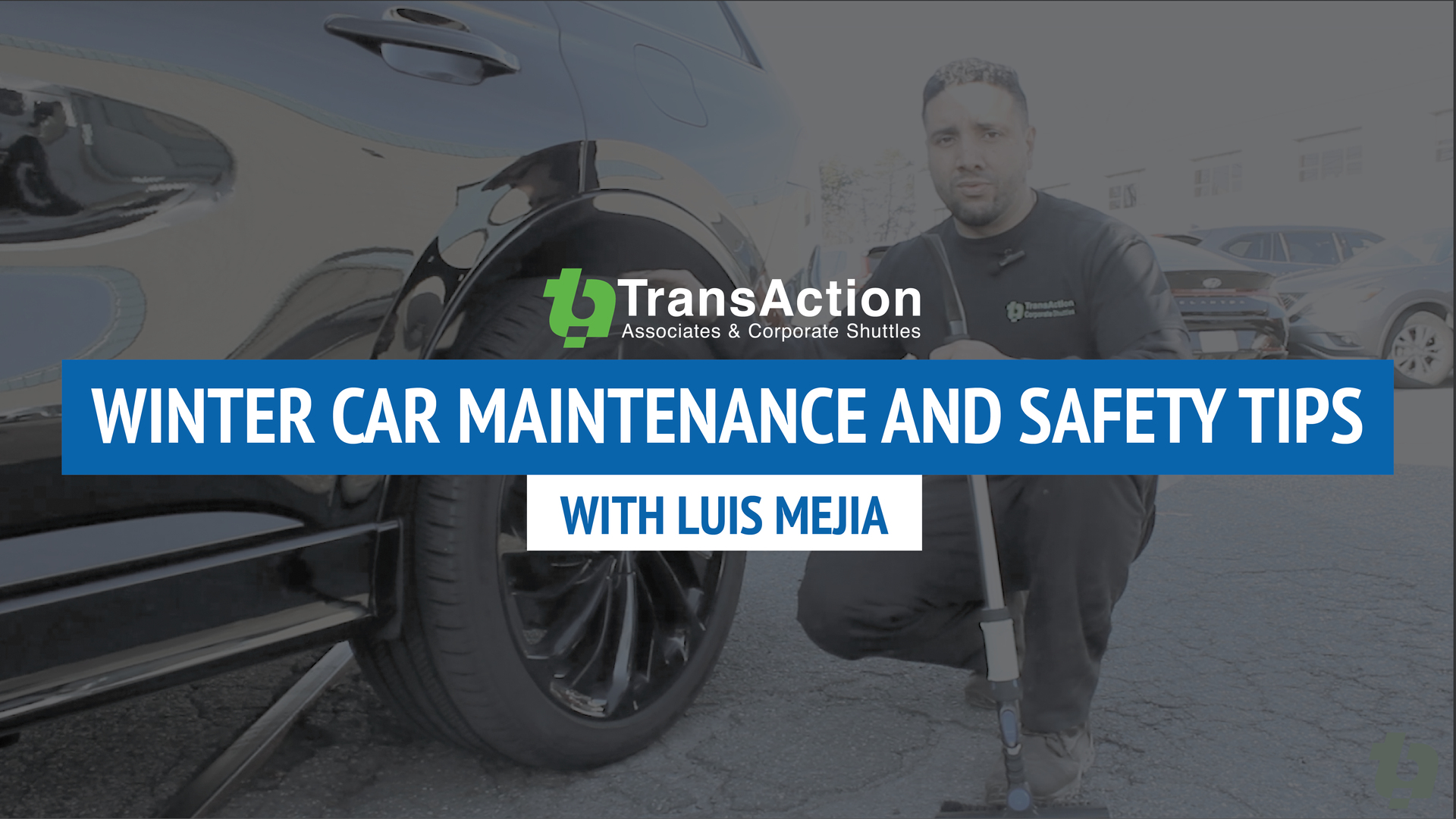The Road to Tomorrow
January 8, 2019
The Road to Tomorrow
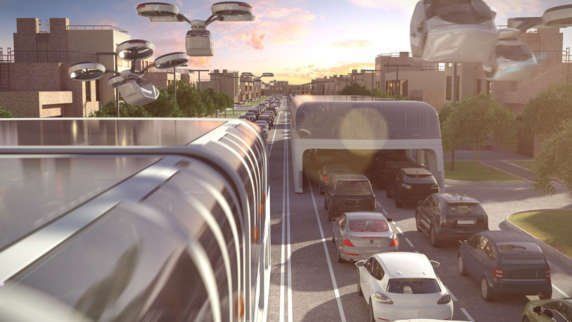
Mention the words future
and transportation
in the same sentence and everyone starts picturing the iconic flying car from The Jetsons. The Jetsons was set in 2062 and conceived in 1962. From here in 2019 the future looks very different from the one imagined for the cartoon.
In January of 2018, Governor Charlie Baker asked 19 people from around the state to become part of a Commission on the Future of Transportation in the Commonwealth. The group met monthly for a year to explore what transportation in Massachusetts might look like between 2020 and 2040. Their goal was to make recommendations that would advise the Baker-Polito administration. They did not use a crystal ball but instead relied on their own varied expertise, a study of current trends, and a process of scenario planning. They released their final report in December and called it “ Choices for Stewardship: Recommendations to Meet the Transportation Future.”
While there are no flying cars mentioned in the report, there are cars that can drive themselves as well as cars that run without gasoline. The report is thoughtful and the hope is that it does not go to live on a dusty shelf, but is referred to often and used as a guide as decisions are made around transportation.
The report advises that: “We can’t know the future,” and that in fact, “many futures are possible for Massachusetts and its transportation system.” What happens in the future will depend on a number of factors including the development of technology, population and employment trends, land use and development patterns, and the Commonwealth’s stance on the reduction of transportation-related greenhouse gas emissions.
The report has been much discussed around the Commonwealth since its release, and while it might not be as riveting as the famous rivalry between Spacely Space Sprockets and Cogswell Cogs on The Jetsons, it’s still pretty big.
The question is what will we do next? A recent article from Mobility Lab examined how societal values impact an individual’s transportation choices. They concluded that “individuals are weak, society is strong” and that “shifts in attitude must precede shifts in daily habits, and in infrastructure, to create real change.”
When we look ahead will we take a step in the right direction as a society and remember the words of Robert Frost to take “the road less traveled?” Because what we do next will make all the difference.
The Latest
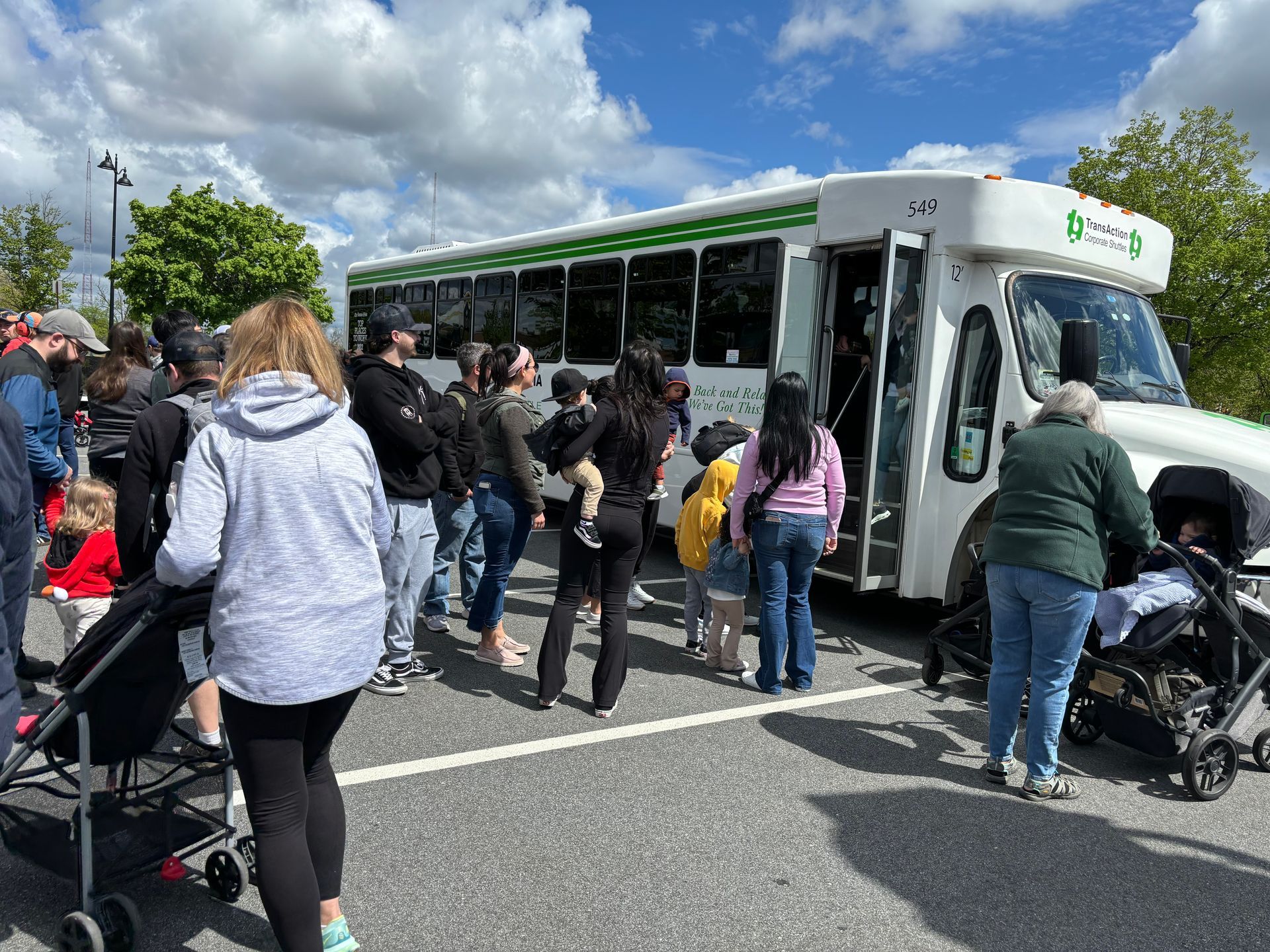
On May 11, the Burlington Mall hosted its popular Touch a Truck event at The Park, drawing families for a day of hands-on fun. The event featured a wide range of vehicles, from fire trucks and construction loaders to farm equipment, big rigs, RVs, and sleek cars.
TransAction’s Middlesex3TMA shuttle was present at the event, offering attendees a closer look at the Transportation Management Association (TMA) dedicated to improving transportation infrastructure within the M3 Corridor region. This shuttle service connects the MBTA at Alewife Station to various stops within the M3 Corridor, providing a vital link for commuters.
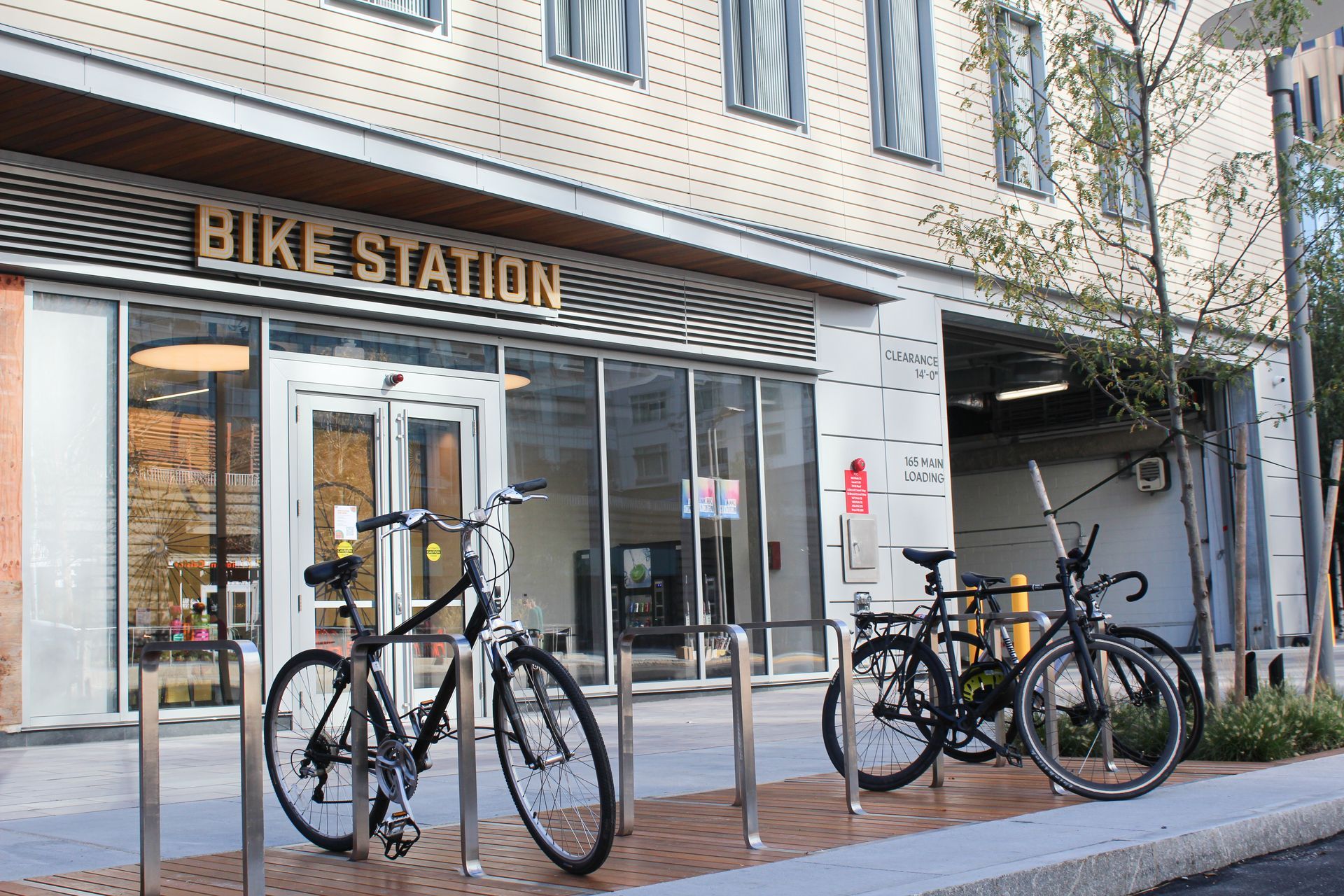
Overall, Massachusetts is pedaling in the right direction, getting an “A” for being bicycle friendly according to a 2022 report card from the League of American Cyclists. So, what can individual companies looking to shift gears and move towards environmentally friendly employee benefits do to promote bicycling? Here are five things employers can offer to help encourage employees to bike to work:
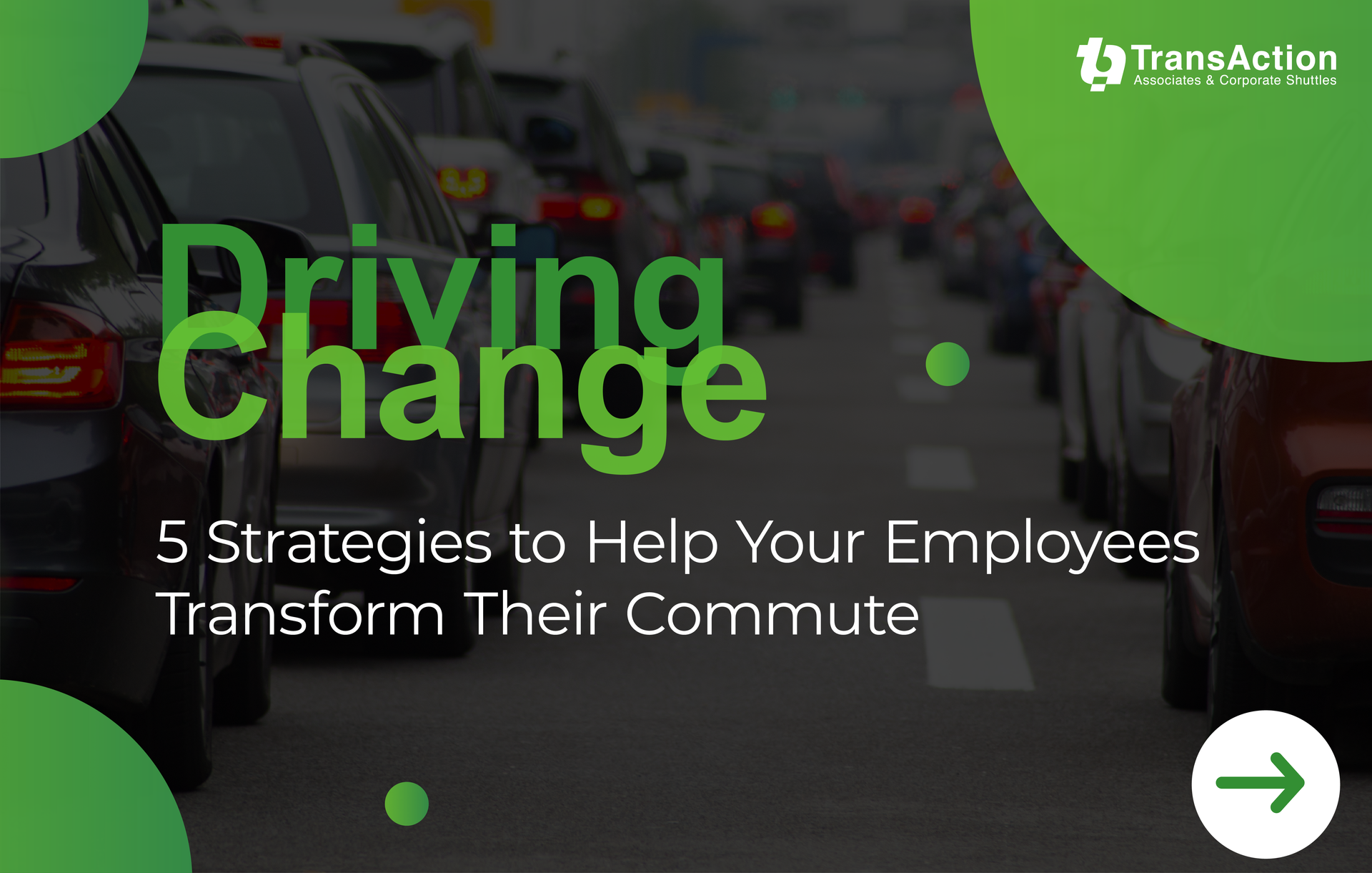
Just mention the word “commuting” and blood pressures start to soar. Even the calmest driver starts to prickle with anxiety when faced with the prospect of wasting up to 51 hours per year stuck in traffic. With so many employees making a return to the office either full or part time, the issue of how to ease concerns over commuting has become a hot topic. Here are 5 proven commuting strategies that can transform the journey between home and work from a stress-inducing slog into something more productive --and maybe even calming.
Stay Up To Date!

On May 11, the Burlington Mall hosted its popular Touch a Truck event at The Park, drawing families for a day of hands-on fun. The event featured a wide range of vehicles, from fire trucks and construction loaders to farm equipment, big rigs, RVs, and sleek cars.
TransAction’s Middlesex3TMA shuttle was present at the event, offering attendees a closer look at the Transportation Management Association (TMA) dedicated to improving transportation infrastructure within the M3 Corridor region. This shuttle service connects the MBTA at Alewife Station to various stops within the M3 Corridor, providing a vital link for commuters.

Overall, Massachusetts is pedaling in the right direction, getting an “A” for being bicycle friendly according to a 2022 report card from the League of American Cyclists. So, what can individual companies looking to shift gears and move towards environmentally friendly employee benefits do to promote bicycling? Here are five things employers can offer to help encourage employees to bike to work:

Just mention the word “commuting” and blood pressures start to soar. Even the calmest driver starts to prickle with anxiety when faced with the prospect of wasting up to 51 hours per year stuck in traffic. With so many employees making a return to the office either full or part time, the issue of how to ease concerns over commuting has become a hot topic. Here are 5 proven commuting strategies that can transform the journey between home and work from a stress-inducing slog into something more productive --and maybe even calming.

For more than a decade, TransAction has been providing transportation management services for large events in Massachusetts. From planning bus routes for walk and race participants, to coordinating multiple service providers, to staffing ground crew, TransAction ensures that transportation operations go smoothly on the day of your event.

